The Thursday Thesis - 29/06/2017 “Just Don’t...” This week, to celebrate The Thursday Thesis’ first birthday (Happy Birthday, baby) I’d like to share one of the wisest principles of happiness I’ve ever heard. I can’t claim to have originated it, though I wish I had: I got it from my friend and mentor Peter Thomson – the hugely successful author and trainer. You can find out all about Peter at www.PeterThomson.com or watch his take on the core idea of my next book Elephant Sandwiches at http://www.neilcowmeadow.com/testimonials.html Peter’s diamond of wisdom – even better than a pearl – was this: DDWT. Huh? DDWT – what’s that all about? Don’t Deal With Tossers. Simple, isn’t it? To put it another way - decline to work with, live with, associate with, anybody who makes you unhappy. Why? Because there’s no amount of money that you can be paid that can compensate you for being made to feel miserable by someone else. Though Peter gave me that gem as a maxim for business, I think it applies to every area of life. Don’t whine about your idiot boss, your cretinous co-worker, your abusive partner – yada, yada, yada - give ‘em the finger and walk. This also goes for those dysfunctional half-wits and preening wannabees on unreality TV: fire them - DDWT! Life is short – too short – so why agree to be made miserable by someone else whilst you’re still alive? There are 7.5 BILLION people on this planet – it’s not as though there are no other people you could be with. In work, in life, in love, and in general, DDWT: Don’t Deal With Tossers. You know it makes sense, don’t you? © Neil Cowmeadow 2017
Please Like and Share The Thursday ThoughtCast with your friends, family, and anyone else. I’d love to hear your comments, along with any ideas you’d care to hurl at me. [email protected]
0 Comments
The Thursday Thesis - 22/06/2017
“Your Inner Negative Image...” As we explored in last week’s TT, where your mind goes, your body follows; so let’s continue with that idea, and mull over the way we define ourselves by what we are not – because it’s a huge idea that we say are what we are not. Why should this be true? Hmmm.... It’s that pesky brain, again; playing games and messing with your mind. The problem is that our brains don’t handle negations – not’s, no’s, un’s and the like – very well. Do not think of an elephant. What are you thinking of? Despite being told not to, you are undoubtedly thinking of an elephant. Naughty you. What happened? Were you just contrary, or is there something else at play? The brain has to think of the thing in order to not think of the thing, and the word “elephant” immediately conjures the image of an elephant from your memory – just so that the image can be erased. So what happens when we tell ourselves what we are not, when we tell ourselves we are not lazy, scared, fat or poor? We imagine ourselves as just the things we wish not to be. Nowt as strange as folk, as they say. And that’s why any goal we have for ourselves must be positively stated. It’s why “I’m not poor” won’t end well, whereas “I’m financially successful” will probably do the business. Similarly, “I’m a non-smoker” will be feeble when compared to “I’m healthy and strong, and I breathe clean air into my spotless lungs”. So what are you telling yourself you’re not, every day? Makes you think, doesn’t it?
The Thursday Thesis - 16/06/2017 “Close Your Eyes...” Where your mind goes, your body follows: it’s true for everyone and for everything. And when I’m working with students, this is my favourite demonstration of the importance of mindset. Try it for yourself by listening to the audio version of The Thesis, right now. I ask the student to close their eyes, and start to feel more deeply relaxed. Now I ask them to hold their arms out in front of them at shoulder height with palms upwards. I now tie an imaginary helium balloon around their right wrist, describing how the balloon looks, the colour of the ribbon knotted around their wrist, and I explain that the balloon is lighter than air and will – obviously – begin to lift up their right hand, so there’s no need to resist the rising sensation, because it’s a balloon-thing... Now I ask them to prepare their left hand to support a copy of the Encyclopaedia Brittanica which I’ve just bought from a second-hand bookshop. I describe the book’s binding, the gold lettering on its spine and front, the thickness of the book and how heavy it is as I “place” it onto their uplifted palm. I explain that the book is very, very heavy and old; that it is dusty and that the paper is yellowed by the years. Guess what happens – the “balloon” hand rises, sometimes a little, more often, rather a lot. But the “book” hand sinks downwards, sometimes shaking with the sustained effort of holding up that dusty old tome. When I ask the student to open their eyes, they can see a huge difference in hand position. I ask them which was heavier, the book or the balloon? “The book”, they tell me. “What book?” I ask. There is no book, and there is no balloon. The important point here is that your body will behave according to what we believe to be true. In other words, whatever we believe, that’s how it is for us. So, how do you want it to be, for you? You alone will decide: the book or the balloon. You choose... © Neil Cowmeadow 2017
Please Like and Share The Thursday ThoughtCast with your friends, family, and anyone else. I’d love to hear your comments, along with any ideas you’d care to hurl at me. [email protected]
The Thursday Thesis - 08/06/2017 “The Imperfect Now ”. “Go, little book...” - Geoffrey Chaucer, when sending his Canterbury Tales out into small World of the 14th Century. Almost 700 years later, people are still reading Chaucer’s “little book”. It is not perfect – but it got written. Not only did it get written, it got published. Anybody who writes or seeks to create something will wrestle with their deep need to be perfect – to make their book, song or creation absolutely faultless. So the book never gets finished, the song remains uncompleted, the dreams of our souls lie, unloved and unfinished, in our hearts and on our hard-drives. I’m learning to say “get over it!” to myself. I’m facing-up to the fact that it will never be perfect, and it doesn’t need to be perfect – it just needs to be finished. People don’t want perfection tomorrow – they want excellent, today. This week I’ll be finishing the edits of my second little book and asking the lovely Rosa to format it. It won’t be perfect, but it will be done. The poems you wrote, the stories you told your kids, the pictures you drew when nobody was around to look at them... Those moments of imperfection are the best of you: cherish them, their imperfections, and their honesty, because they were born in a moment when your fear of failure was looking the other way, and when their being born was all that mattered. Those were moments before fear closed you down. So, today, let go of your need to be perfect, and create something imperfect. © Neil Cowmeadow 2017
Please Like and Share The Thursday ThoughtCast with your friends, family, and anyone else. I’d love to hear your comments, along with any ideas you’d care to hurl at me. [email protected]
The Thursday Thesis - 1/06/2017 “The Myth of the Half-Full Glass” As almost everyone knows, you can tell if someone is an optimist or a pessimist by showing them a glass half-full of your drink. “Is this glass half-full or half-empty?” goes the old saw. Conventional wisdom reckons that an optimist will tell you the glass is half-full, whilst a pessimist will gloomily tell you that the glass is half empty. Oh, you have to love pessimists – those Eeyore-like souls who potter around looking for the bad in everything and everyone. Now, here’s the thing: looking for the bad prevents you from looking for the good. Pessimists are so preoccupied with the search for Bad Stuff that the Good Stuff slips past, unnoticed... Does that make sense to you? When you Google for “cats on skateboards” how many suspension bridges show up in your search results? It’s simple, isn’t it? We see the World exactly how we think it is, whether we think it’s a battlefield or a playpen – that’s how it is for us. And that glass - what if it’s actually full of wee? Notice how being half-empty just became a Good Thing? With enough mischief and playfulness we can reframe everything, with a tiny effort. “What’s good about this?” produces a different response than “What’s bad about this?” “What’s funny about this?” gets more laughs than “What’s serious about this?” Get the idea? Different questions produce different answers, different responses, and – ultimately – a different view of the World. If you are looking for an answer, make sure you’re asking the right question. And if you want a suspension bridge, don’t Google for cats... © Neil Cowmeadow 2017
Please Like and Share The Thursday ThoughtCast with your friends, family, and anyone else. I’d love to hear your comments, along with any ideas you’d care to hurl at me. [email protected] |
Share it with your friends
It's Like This...The Thursday Thesis shares ideas which I think are worth spreading. Archives
May 2022
Categories
All
All content on these pages is the intellectual property of the author, unless otherwise stated, and may not be used in any form or reproduced under any circumstances without the authors permission.
|
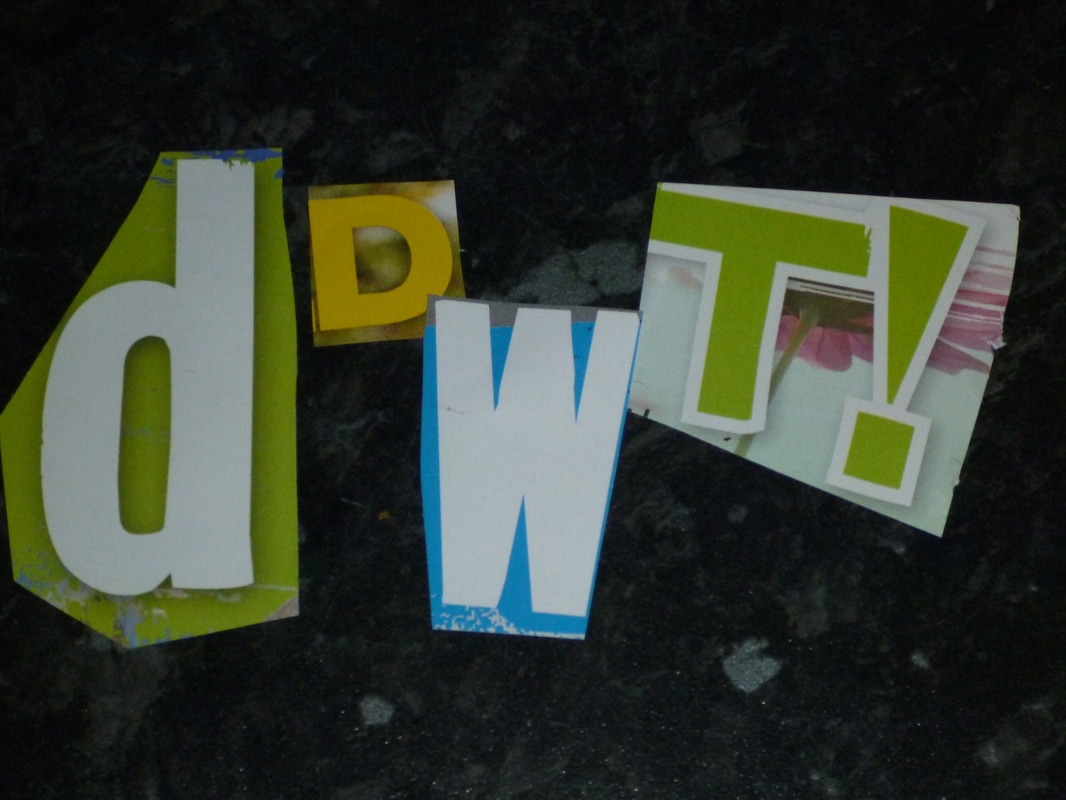
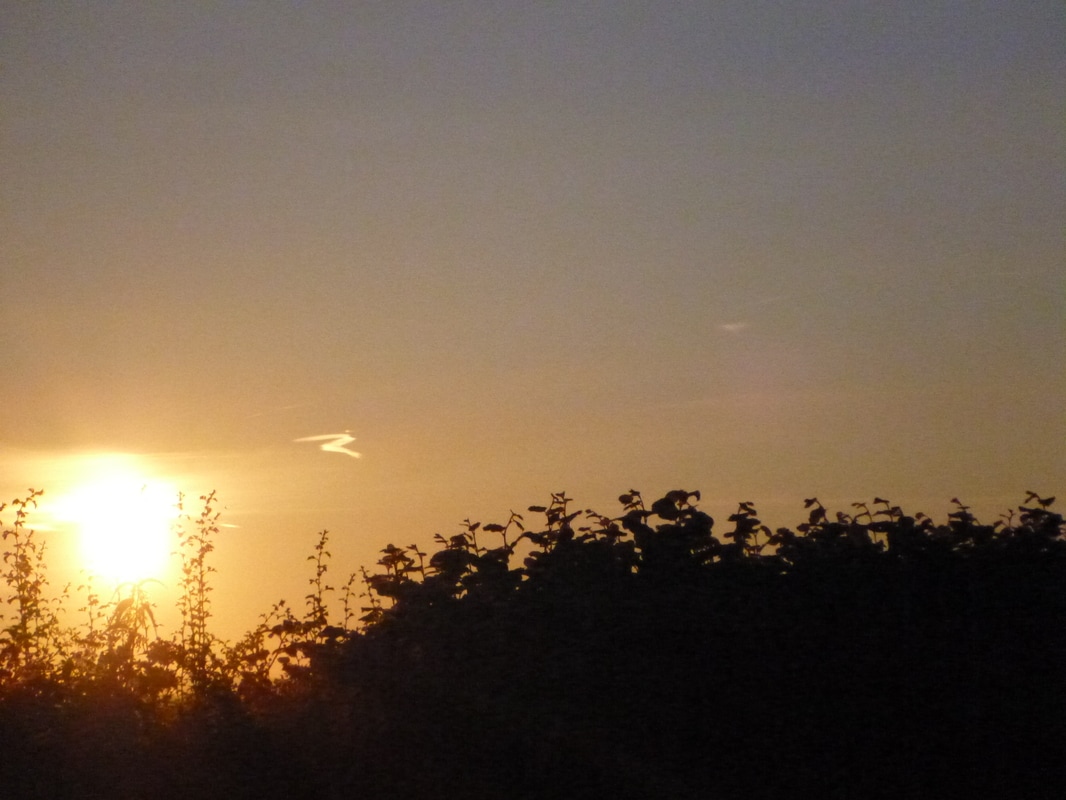
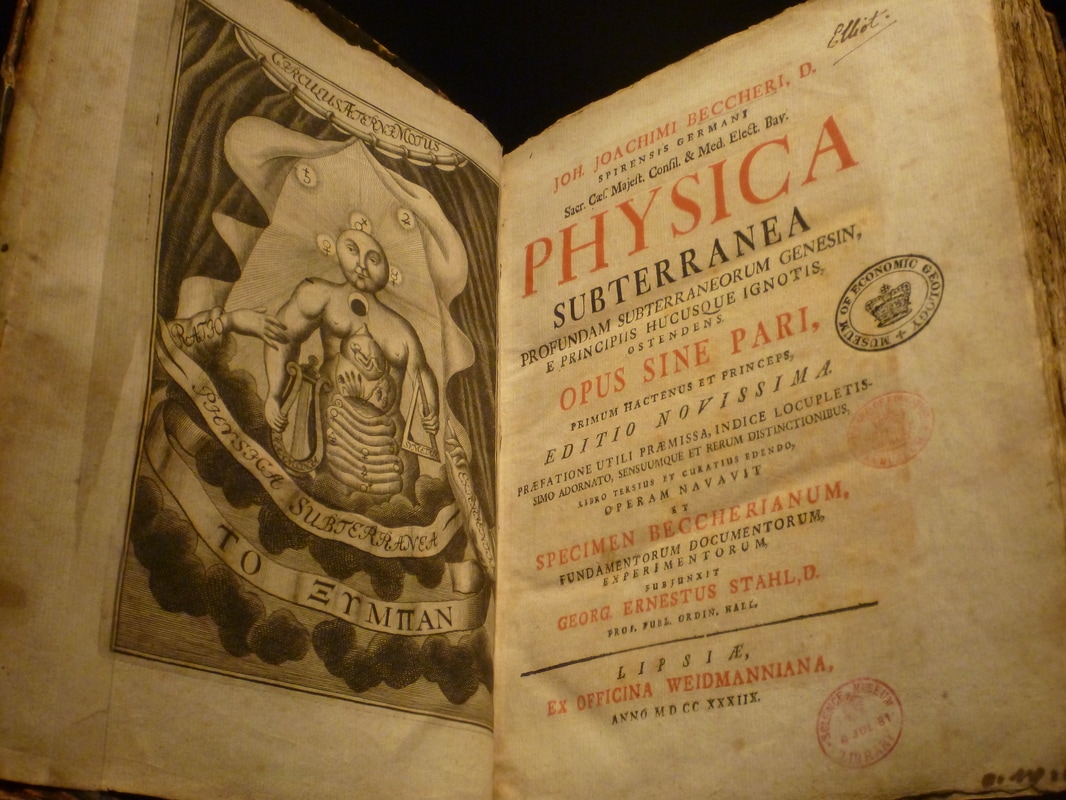
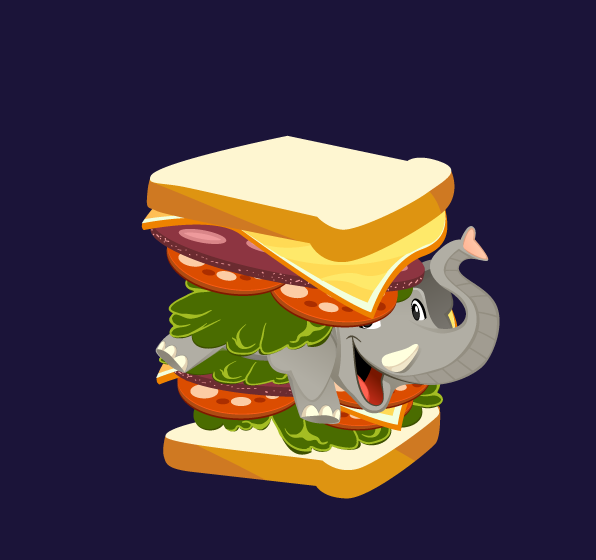
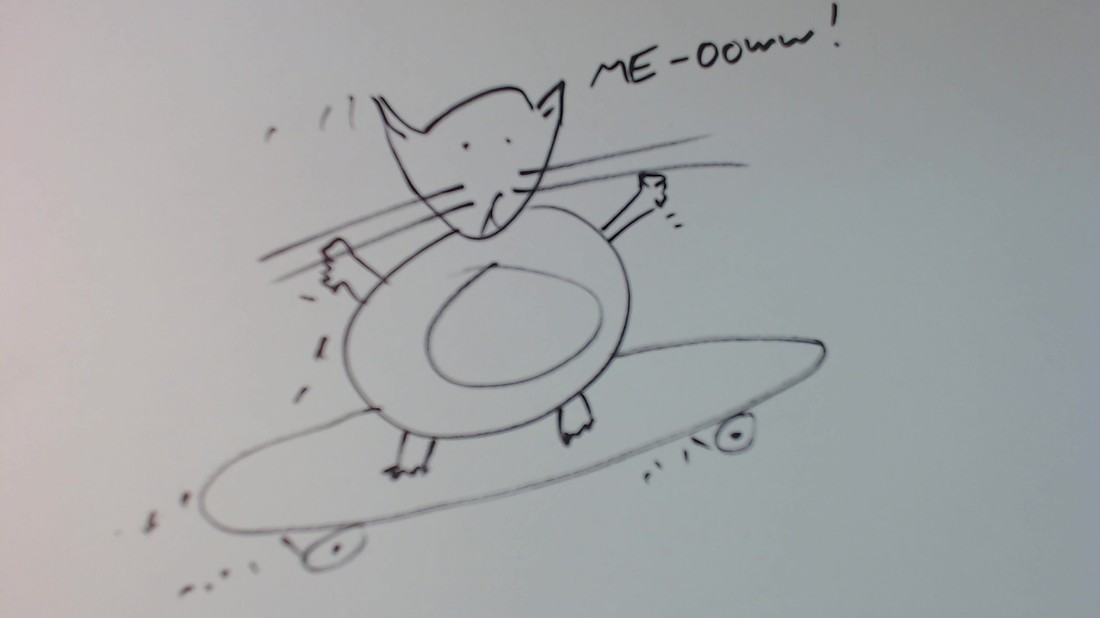
 RSS Feed
RSS Feed